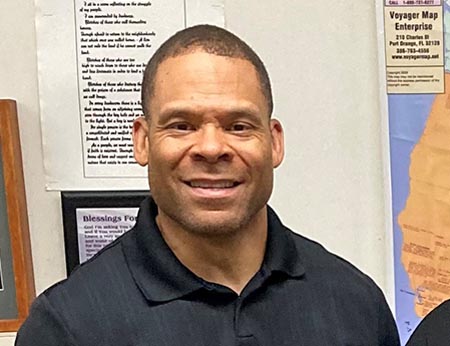Year-Round Schools Strategic Planning Research Analysis

Kelvin Cyrus, Asst. Superintendent, Asheville City Schools, told publisher Johnnie Grant, “We have one of the largest achievement gaps in the state. I believe modifying the calendar has great potential to help us close those gaps. We are certainly not pushing to make a change that would help one group of children to the detriment of another. I believe it would be good for all kids; from our lowest achieving to our AIG children.
“For me personally it boils down to this question: what are we doing for ‘the least of these’ — for those who don’t have a voice or choose for whatever reason not to exercise their voice? Ultimately the school system must do what it feels is in the best interest of the over 4,100 children we serve.”
In the ACS public meeting held October 2, a presentation analyzing the pros and cons was made to the public; its analysis is below.
Input received
Family Surveys – 1,341
Elementary Student Surveys – 940
Middle/High Surveys – 1,498
Stakeholder Interviews – 41
Two questions directly asked on the issue of “extending time” rated importance of this issue on a five-point scale: not at all important to very important.
1) Another issue is extending time (such as a longer day, year-round school calendar, etc.). How important do you feel it is that the board’s planning addresses this issue?
For those who rated this issue important or very important: If up to you, how would you go about “extending time?”
Similar results for staff regarding the importance of “extending time.”
Families Employees
Don’t know/no opinion
5% 6%
Of little/no importance
16% 17%
Unimportant
21% 17%
Important
34% 34%
Extremely Important
25% 26%
2) Another issue is extending time (such as a longer day, year-round school calendar, etc.). How important do you feel it is that the board’s planning addresses this issue?
Results on all four of the main issues asked about in the research.
Families Employees
Closing achievement gap
89% 91%
Building stronger community relationships
86% 93%
Renovating/replacing two schools
73% 75%
Extending time
58% 59%
Notable differences: Building stronger community relationships less important to African-American (78%) than to other minority (86%) families
The Gap: Black, White & Shades of Green
What we believe…
The current school calendar contributes to learning loss, particularly among children living in poverty.
When low-performing children do better academically, academic rigor can be increased for all children.
Reducing the summer break and providing opportunities for remediation and enrichment within the school year are likely to decrease learning loss.
Change can be difficult and not everyone will approve, but innovation is necessary to address the long-standing issues of gaps in achievement and academic rigor.
What we know so far…
Most teachers support modifying the school calendar.
Community service providers have voiced their commitment and willingness to meet the needs of children and families should the calendar be changed.
Snapshots of parent and community input have shown that there is wide-spread interest in moving forward in changing the calendar.







